The Oxford Handbook of Caste
Beginning with the 1990s, the subject of caste has seen a profound increase in interest among scholars. What was until then approached as a fossilized tradition of the ritual-obsessed Hindus refusing to see the progressive spirits of the emerging world and studied as a branch of anthropology, suddenly began to be seen as a complex reality deeply embedded in a range of institutions and social practices, attracting scholars from a wide range of disciplines--sociology, political science, history, literature, and even economics. Underlying this opening of the subject of caste were many factors: epistemic, empirical, and political. Caste is no longer approached through the classical binaries of 'traditional' and 'modern'; the 'East' and the 'West'; or the 'closed' and 'open' systems of stratification. With the growing consolidation of caste-based identities among those ranked lower down in the hierarchy since the 1990s, raising questions of citizenship and dignity, the subject has acquired a new salience. As the emerging research shows, the realities of caste on the ground have always been diverse across regions, often contested and ever changing. This Handbook presents a wide range of essays written by authors representing diverse academic disciplines and perspectives, bringing together the emerging trends in the research, imaginations, and lived realities of caste.
Get it now and save 10%
BECOME A MEMBER
-
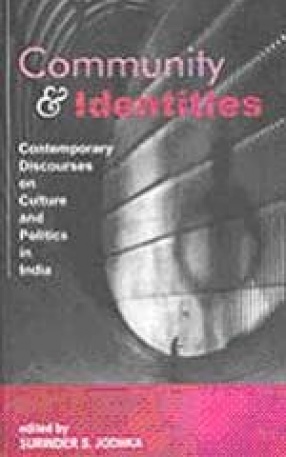
Community and Identities: Contemporary Discourses on Culture and Politics in India
-
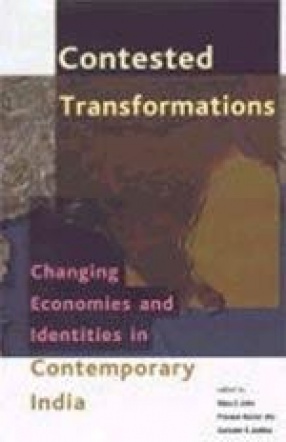
Contested Transformations: Changing Economies and Identities in Contemporary India
-
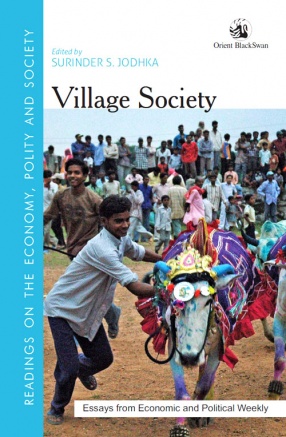
Village Society
-
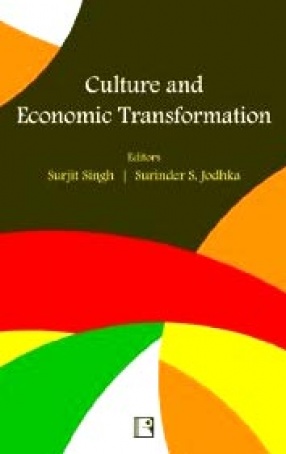
Culture and Economic Transformation: Perspectives from India and China
-
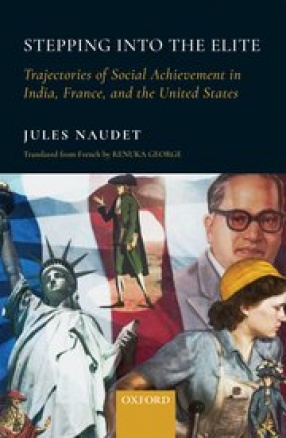
Stepping into The Elite: Trajectories of Social Achievement in India, France and the United States

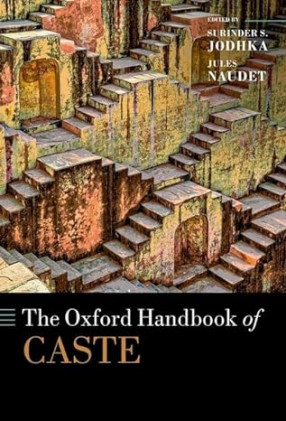

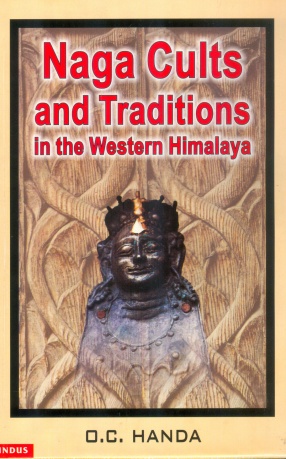
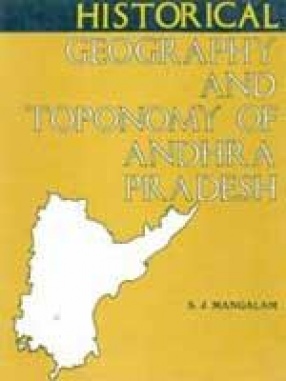
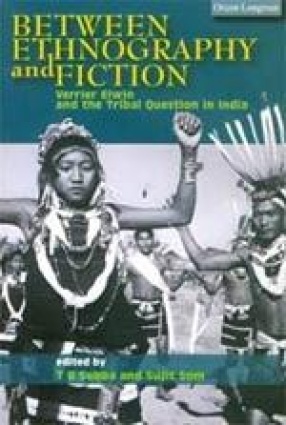

Bibliographic information
Jules Naudet